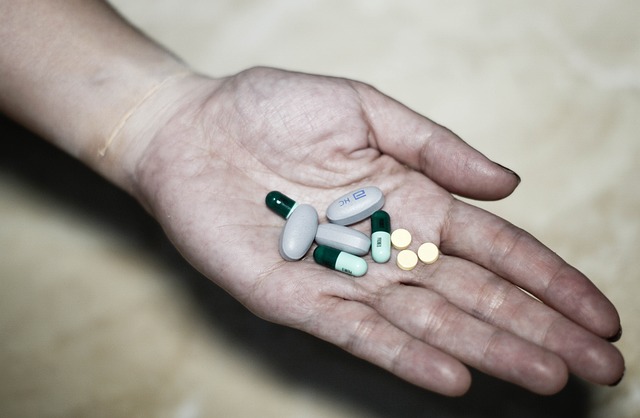
Maternal Exposure to Substances and Child Mental Health
High maternal exposure to polychlorinated biphenyls (PCBs) during pregnancy has been linked to lower IQ and emotional problems in children, highlighting the importance of identifying and mitigating environmental risks during pregnancy.
July 2003

Raloxifene Not Associated with Increased Cardiovascular Risk in Women
Contrary to previous concerns, a study conducted at the University of California, San Diego, suggests that raloxifene, a drug used to treat osteoporosis, does not appear to elevate the risk of heart problems in women with cardiovascular disease. This finding provides reassurance regarding the drug's safety profile.
November 2002

Adequate Folate Intake Linked to Reduced Colon Cancer Risk in Women
Consuming sufficient folates may lower the risk of colorectal cancer in women, according to a study published in the International Journal of Cancer. This highlights the potential protective effects of dietary folates against colorectal cancer development.
November 2002

Higher Mortality Risk for Women Undergoing Bypass Surgery
Women undergoing coronary bypass surgery face a higher risk of death during or shortly after the procedure compared to men, particularly among younger age groups. This underscores the importance of personalized care and risk assessment in cardiac surgery.
October 2002

UK Initiative Aims to Develop Vaginal Gel for HIV Protection
The UK has initiated a five-year program in five African countries to develop a vaginal gel or cream that can effectively prevent HIV infection and other sexually transmitted diseases. This effort represents a significant step toward combating the spread of HIV/AIDS globally.
September 2002

Smoking Linked to Bone Fragility in Men
New research from French scientists reveals that smoking increases the risk of osteoporosis in men, challenging previous assumptions that this association primarily affects women. This study highlights the importance of smoking cessation for maintaining bone health in both genders.
September 2002

Anxiety and Depression Linked to Spontaneous Premature Birth
Pregnant women with anxiety and depression may face an increased risk of experiencing spontaneous preterm birth, according to a study published in the American Journal of Epidemiology. This highlights the importance of addressing mental health disorders during pregnancy.
September 2002

Majority of North American Women Do Not Follow Breast Cancer Screening Recommendations
A study involving 60,000 women reveals that many do not adhere to breast cancer screening guidelines, with only a fraction receiving annual mammograms after the age of 40. This highlights the need for improved adherence to screening recommendations to detect breast cancer early.
September 2002















